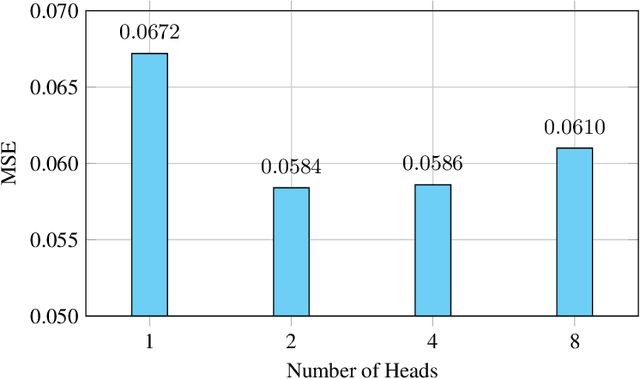Exploiting Memory-aware Q-distribution Prediction for Nuclear Fusion via Modern Hopfield Network
Paper and Code
Oct 11, 2024



This study addresses the critical challenge of predicting the Q-distribution in long-term stable nuclear fusion task, a key component for advancing clean energy solutions. We introduce an innovative deep learning framework that employs Modern Hopfield Networks to incorporate associative memory from historical shots. Utilizing a newly compiled dataset, we demonstrate the effectiveness of our approach in enhancing Q-distribution prediction. The proposed method represents a significant advancement by leveraging historical memory information for the first time in this context, showcasing improved prediction accuracy and contributing to the optimization of nuclear fusion research.
 Add to Chrome
Add to Chrome Add to Firefox
Add to Firefox Add to Edge
Add to Edge